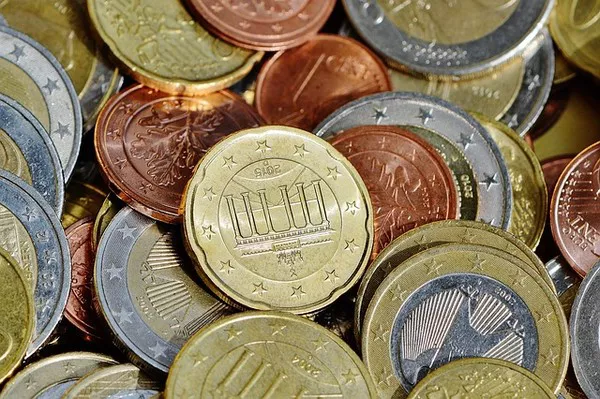In early European trading on Friday, the euro was steady near 160.75 against the yen. The recent German inflation report provided some support for the euro (EUR). However, safe-haven flows amid geopolitical tensions in the Middle East could boost the Japanese yen (JPY) and limit the upside in the cross.
Destatis reported on Friday that Germany’s Harmonized Index of Consumer Prices (HICP) rose 2.6% year-on-year in July, in line with market expectations. At the same time, July’s HICP inflation rate remained unchanged, with a quarterly increase of 0.5%.
The European Central Bank (ECB) cut interest rates from 4% to 3.75% but has yet to determine a path for further easing. ECB President Christine Lagarde told the Coast Conference that the question of any action in September was still up in the air.
On the other hand, dovish comments from Bank of Japan (BoJ) Deputy Governor Shinichi Uchida on Wednesday put pressure on the yen. JPMorgan Asset Management (JPAM) believes that the Bank of Japan is unlikely to raise interest rates in the near future. Analysts said that if the global economic environment continues to be stable, the Bank of Japan is more likely to raise interest rates in 2025. In addition, according to Reuters, Japanese Finance Minister Shuni Suzuki said on Thursday that monetary policy decisions fall within the purview of the Bank of Japan and that they will continue to pay close attention to market developments.


